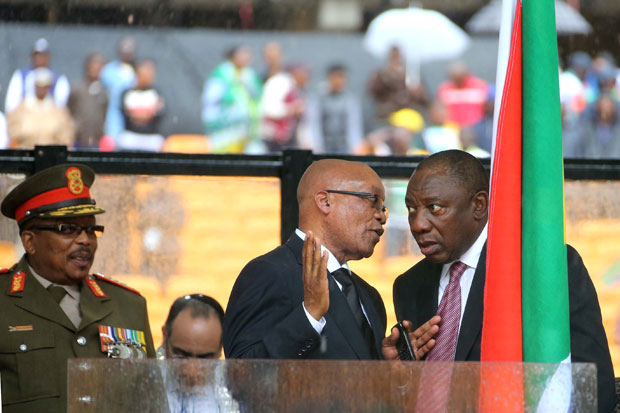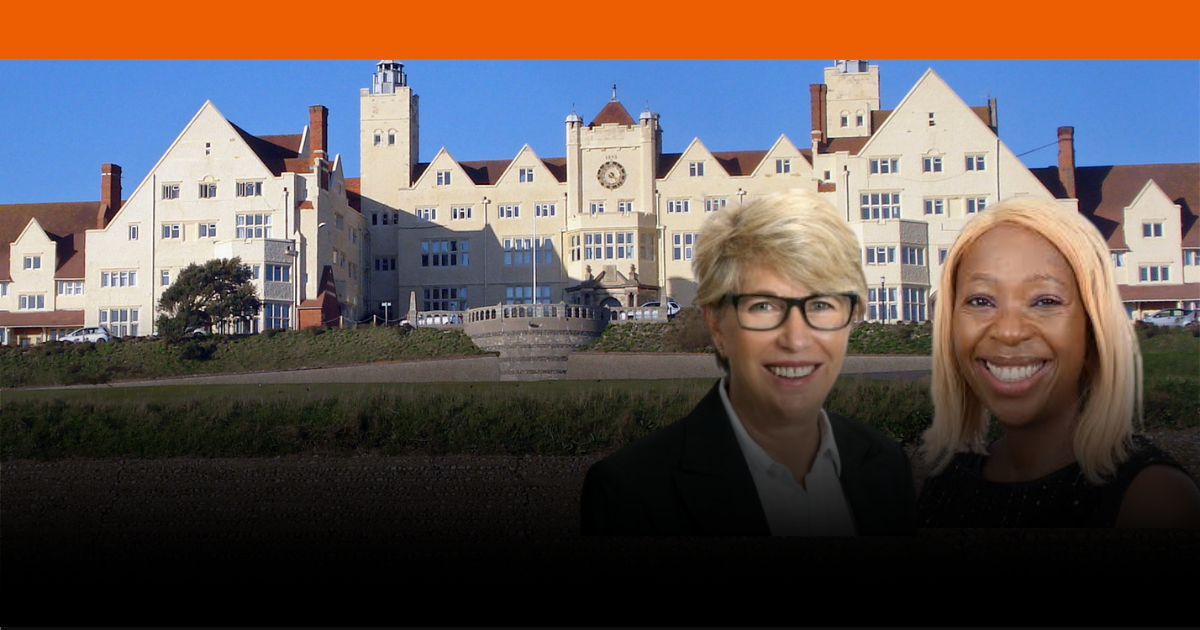Update: 19 March
The South African National Editors’ Forum (SANEF), an industry body that represents the press, addressed the influx of seemingly dubious election polls ahead of the provincial and national elections.
While acknowledging the importance of these polls, SANEF emphasised that opinion polls “have the potential to sway public perception and influence electoral outcomes significantly”.
In a statement released on 19 March, “SANEF [called] upon editors and journalists across all media platforms to uphold the highest standards of accuracy, fairness, and balance in their reporting.”
The statement underscored the importance of critical inquiry in analysing election polls and the media’s responsibility to provide audiences with credible and insightful reporting to help them make informed decisions when casting their vote.
SANEF’s statement was released following a complaint lodged with the Press Ombud by ActionSA on 18 March. The complaint accused three media outlets of publishing a poll without any reference to its origin, which ActionSA believes originated from the Democratic Alliance (DA) opposition party.
ActionSA states that the publications deliberately favoured a DA narrative, which is in violation of the Press Code, which calls for balanced and properly represented reporting.
The DA, in turn, denounced ActionSA, saying it was complaining because the polls did not show the results it wanted.
– –
Recent polling data suggests that South Africa is on the brink of a significant political shift, with support for the ruling African National Congress (ANC) plummeting below 40%. This comes as a departure from the decades of ANC dominance since 1994.
These findings were unveiled in a survey conducted by the Brenthurst Foundation and the SABI Strategy Group in February and March 2024.
The survey paints a bleak picture for the ANC, indicating a decline in support from 41% in October 2023 to just 39%. With the ANC’s expected decline at the polls on election day, 29 May 2024, it suggests that South Africa is likely to witness the emergence of a coalition government, in other words, a power-sharing agreement between parties.
The ANC is not the only party to have experienced a significant decrease in party support. The Economic Freedom Fighters (EFF) dropped from 17% to 10%, and the Inkatha Freedom Party’s (IFP) support has fallen to 2% (from 7% in October 2023).
Alternatively, the Democratic Alliance (DA) has grown its share of the vote from 23% in October 2023 to 27%.
The newly-established uMkhonto weSizwe (MK) Party has seen a surge of support and is now set to overtake the EFF with 23% of the vote. The MK Party is expected to gain its largest support from KwaZulu-Natal, taking 25% of the vote.
Support for the ANC has decreased from 32% to 20% since the establishment of MK.
The overwhelming takeaway from the survey is that South Africa “will almost certainly have a coalition government after this election,” with 76% of voters stating they would be happy for a coalition of different parties.
When considering new data, such as that revealed in the Brenthurst Foundation survey, it’s crucial to acknowledge the inherent uncertainty of pre-election polling. The latest survey, based on responses from 1,506 registered voters, was extrapolated using the voter turnout rate of 66% from the 2019 general election.
“An opinion poll is not a prediction of what the result will be,” says JP Landman, a South African political-economic trend analyst. “[These surveys] are not predicting what the election result will be, they are telling you what people are thinking at a given point in time,” he says
“A second very important point is that these things are very much influenced by the headlines of the time. At the moment, the MK party is quite a novelty and is getting quite a lot of attention, and maybe they will get those votes, but we must be clear about what the polls are measuring,” Landman adds.
Pre-election polling is not only uncertain but also fallible. On 4 February, Professor David Everatt’s analysis for Daily Maverick was incorrectly interpreted to include interviewees’ non-responses among his projections of party support, essentially creating a “ghost party”. This falsely reduces all parties’ scores, meaning the ANC would achieve 47% nationally instead of the reported 41%.
Regardless of what the polls predict, the results of the elections lie in the hands of the voters. “You may find that people may have an opinion in the first week of March, but this does not mean that by 29 May, when the election takes place they will still feel the same,” says Landman.
News24 | Polling parade: Six election polls agree on one thing – the ANC will lose its majority https://t.co/h3gGkygfwv
— News24 🇿🇦 (@News24) February 12, 2024
Emma is a freshly graduated Journalist from Stellenbosch University, who also holds an Honours in history. She joined the explain team, eager to provide thorough and truthful information and connect with her generation.




